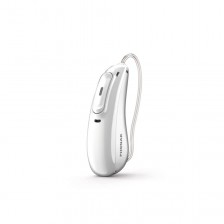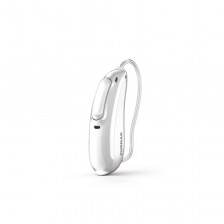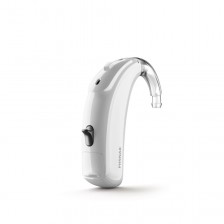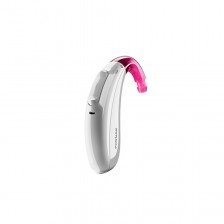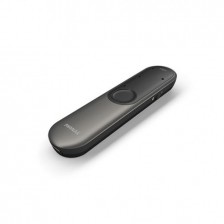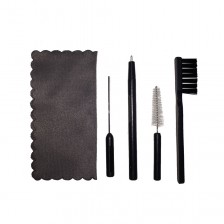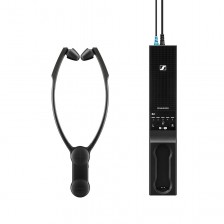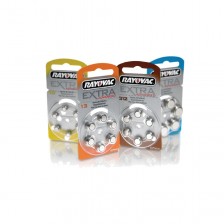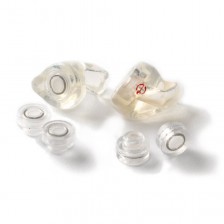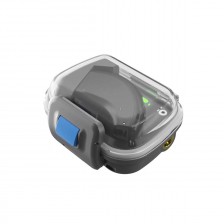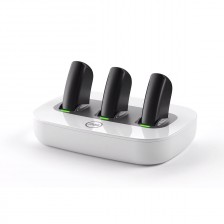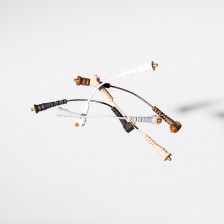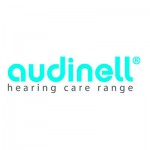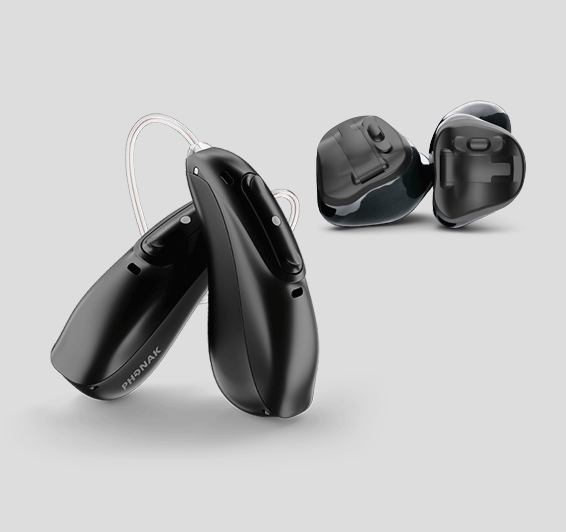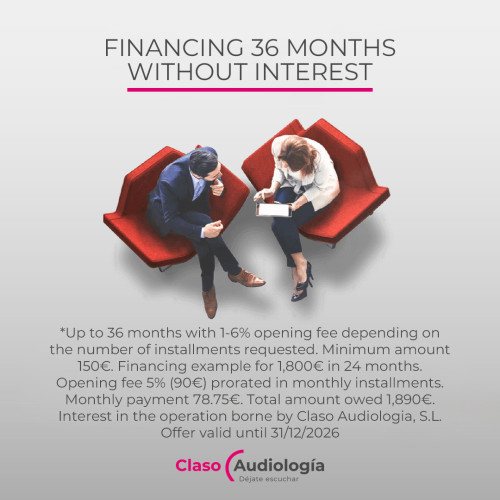Choose and decide the hearing aid that best suits your ears


Before delving deeper into the topic of this post it is important to note that choosing a hearing aid must be done without pressure and having all the information necessary to be able to select the model you want.
Anyone who knows their degree of hearing loss can find out which hearing aids fit best their situation or lifestyle, but for those who don't know exactly what hearing aid they need, you need to consider several points:
1. What hearing loss do you have?
To know which hearing aid you need, you must first know what hearing loss you have. This is a logical but perhaps necessary clarification. Just like if you need glasses, you should know first what graduation you need.
You know the degree of your hearing loss when you do a hearing test with your ENT or you hearing care professional, and it's from this moment that you can know the stayles of hearing aids that suits you.
2. What formats do you have available?
Once you know your hearing loss threshold, you can already know which hearing aid models are at your disposal. This is an important point, since not all hearing aids fit all degrees of hearing loss.
The less hearing loss you have, the more hearing aid options are available to you, but to get better, above all, it is highly recommended that you let your hearing care professional advise you. Because within your power of choice there is always a recommendation.
The degrees of hearing loss are classified as follows:
- Moderate: 30% -60% of hearing loss.
- Severe: 60% -90% of hearing loss.
- Deep: + 90% of hearing loss.
People with severe hearing loss, for example, can only opt for BTEs, although recently Phonak has taken outVirto B-Titaniumhearing aids, as they cover severe losses for the first time.
In contrast, people with moderate or severe hearing loss have more hearing aids within their reach.
3. What benefits do you need or do you want your hearing aids to have?
This is a key point that is directly related to the price and lifestyle you have. As we said earlier in this blog, the more active your lifestyle, the more benefits you need to incorporate into your hearing aids... and the higher the price to acquire them.
While it is true that the standard of living conditions benefits, this does not mean that a hearing aid with less performance notes a substantial difference in listening. If your lifestyle is normal, without hassles or activities that require specific benefits, you can choose a "simpler" hearing aid and your listening level will be more than correct.
In short, each person can choose the hearing aid that they like or prefer, but always taking into account their lifestyle and, above all, their hearing health.
